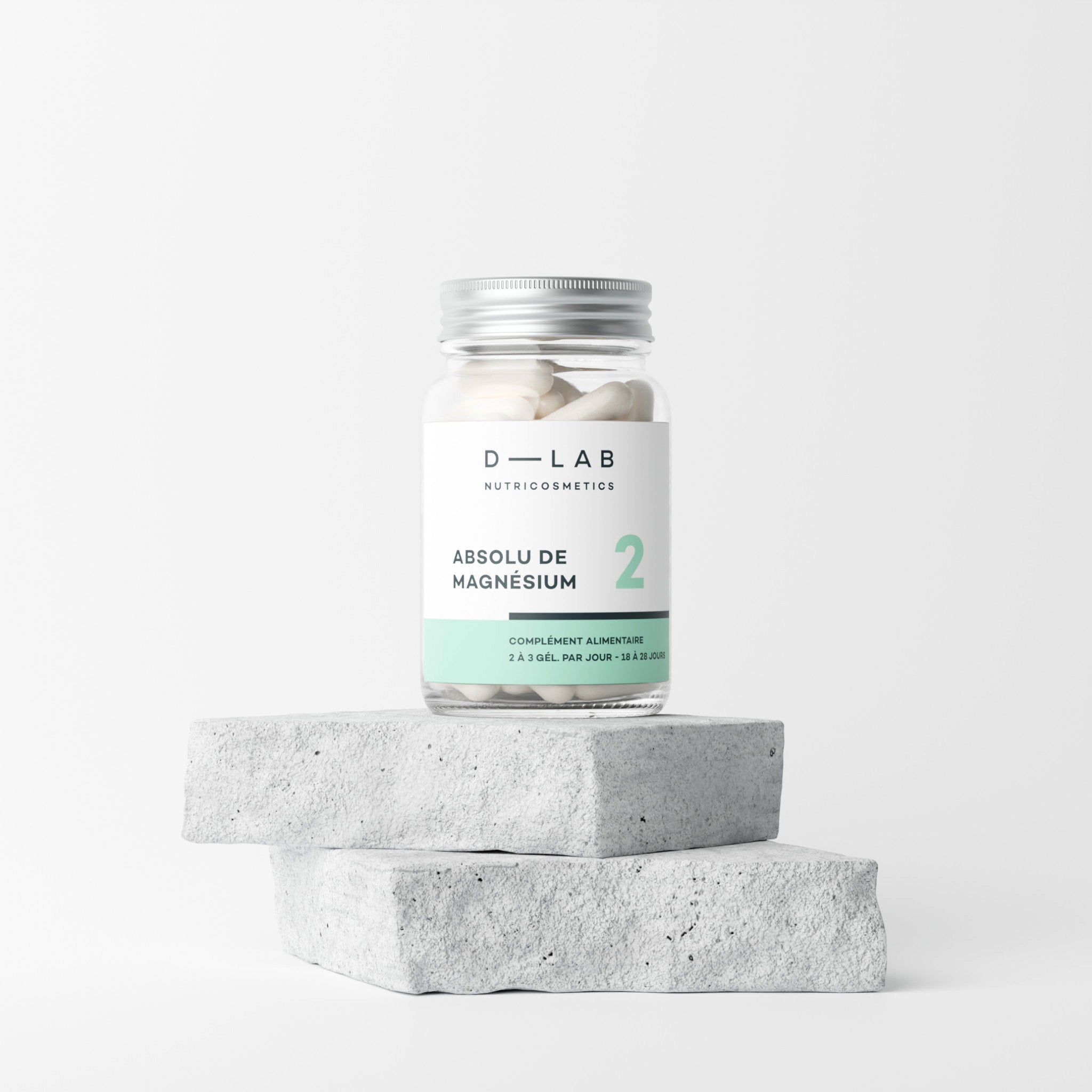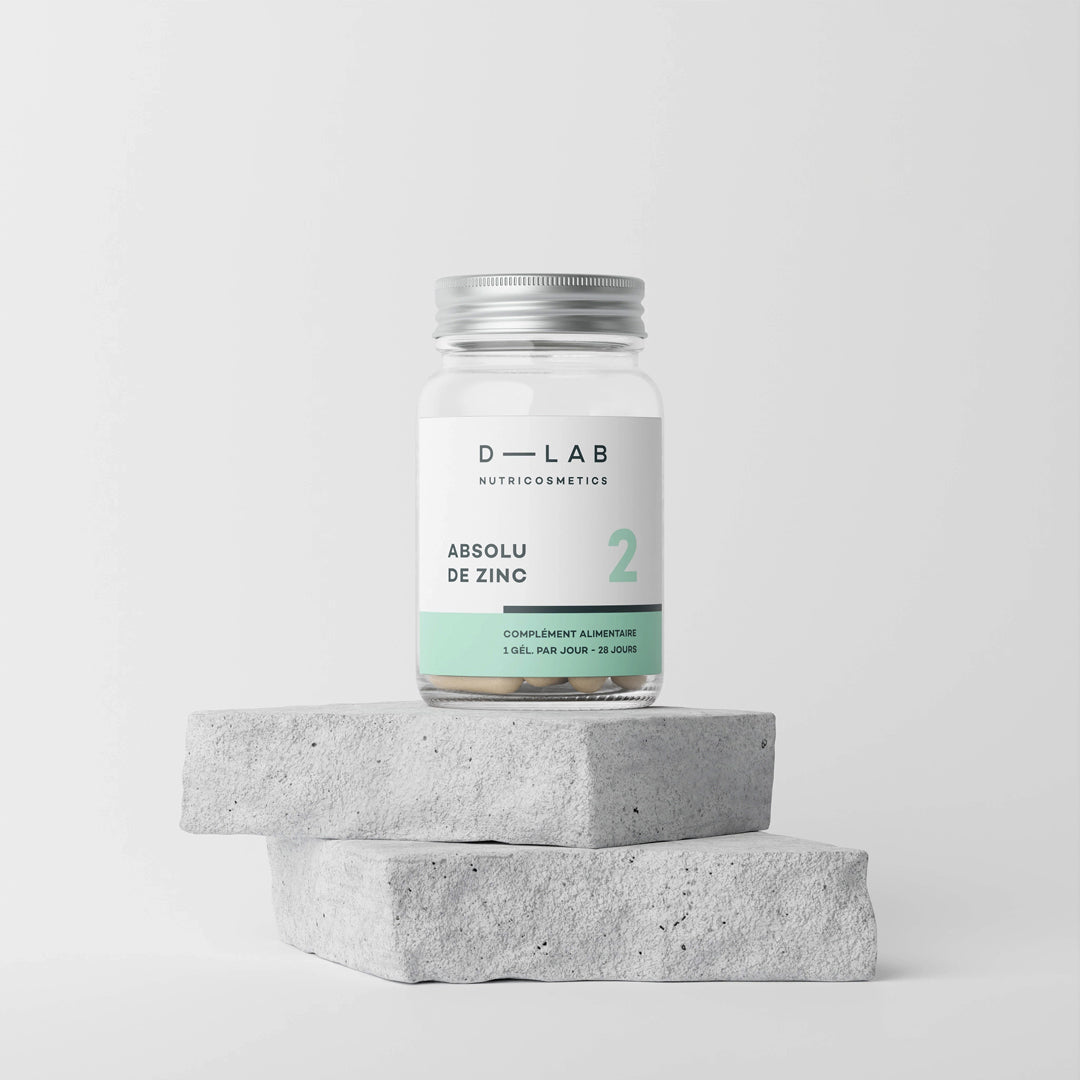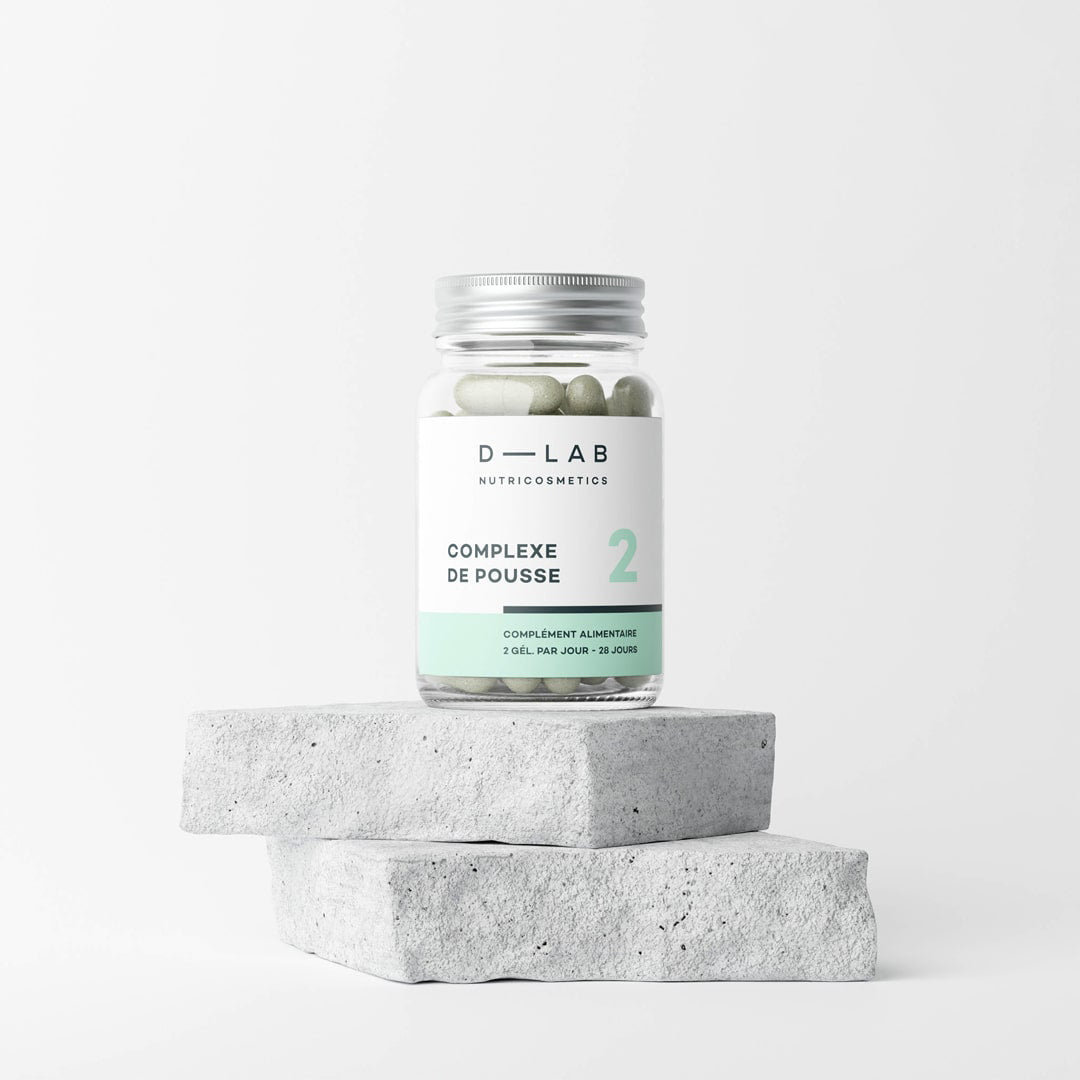
Summary
Collagen, an essential protein in our body, plays a crucial role in the structure of skin, hair, nails, tendons and cartilage.
As we age, collagen production decreases, which can lead to signs of aging and health problems.
Collagen supplements have become popular to help compensate for this decrease and improve skin and joint health.
But do you know when to take collagen to get the most out of it? When is it recommended to take collagen to fully benefit from it?
Collagen intake can vary based on individual needs and recommendations from a healthcare professional. So how do you know when to take collagen to maximize its benefits ?
Some people choose to take collagen in the morning on an empty stomach for better absorption, while others prefer it before or after exercise.
Some experts also suggest taking collagen before bed, to promote cell regeneration during sleep.
Read also: When to take collagen and how?
I. Understanding Collagen Absorption
Before determining when to take collagenorwhat time of day to take collagen, it is important to understand how our body absorbs this protein.
Collagen is usually available in powder, capsule, or liquid form.
When we consume collagen supplements, it is important to understand how this protein is absorbed by our body to reap the full benefits.
When collagen is ingested in the form of dietary supplements, it first goes through the digestion process.
Collagen proteins are broken down into smaller peptides and amino acids by digestive enzymes found in the stomach and small intestine.
This enzymatic hydrolysis is a crucial step, because entire collagen molecules are too large to be absorbed directly through the intestinal wall.
Once broken down into smaller peptides and amino acids, these fragments are taken up by cells in the small intestine through active and passive transport mechanisms.
These collagen fragments then enter the bloodstream and are distributed throughout the body.
The absorbed collagen peptides can then exert several beneficial effects.
They stimulate connective tissue cells, called fibroblasts, to produce more endogenous collagen. Additionally, these peptides may have anti-inflammatory and antioxidant effects, which contribute to overall connective tissue health.
Scientific studies have shown that regular consumption of hydrolyzed collagen can improve skin elasticity , reduce wrinkles and joint pain , and strengthen hair and nails .
It is important to note that the effects may vary depending on the individual, the quality of the collagen supplement used, and the duration of consumption.
In summary, the process of collagen absorption involves its breakdown into peptides and amino acids in the digestive system, followed by their intestinal absorption and distribution throughout the body. These collagen fragments can then contribute to the synthesis of new collagen and overall connective tissue health.
II. When to take collagen?
1. At what time of day should you take collagen?
Many people wonder whether it is better to take collagen in the morning or in the evening.
In reality, there is no definitive time that suits everyone. It depends on your personal preferences and lifestyle.
a. Take collagen in the morning
Taking collagen in the morning can be beneficial for several reasons. First, collagen is often most effective when consumed on an empty stomach, as the absorption of collagen peptides can be enhanced in the absence of other proteins and nutrients that might slow it down. the digestive process.
Additionally, for those consuming collagen to improve skin, hair, and nail health, a morning dose can provide a steady source of amino acids throughout the day.
b. Take collagen before or after training
For people using collagen to support joint health and muscle recovery , taking it before or after a workout may be especially beneficial.
Collagen may help reduce joint pain and promote the repair of connective tissues damaged by exercise.
Additionally, collagen peptides contain amino acids like glycine and proline, which are essential for the synthesis of muscle and connective tissues.
c. Take collagen in the evening
Some people prefer to take collagen in the evening because it can help support the repair and regeneration process that occurs naturally during sleep.
Glycine, an amino acid found abundantly in collagen, has calming properties that can improve sleep quality.
Taking collagen before bed can therefore not only help with tissue regeneration, but also promote restful sleep.
Ultimately, the best time to take collagen depends on your specific needs and your daily routine.
If your primary goal is improving skin, hair, and nail health, morning may be ideal.
For joint support and muscle recovery, workout time is best.
And to promote regeneration during sleep, taking it in the evening may be the best option.
Whatever the time chosen, the important thing is to consume collagen regularly to maximize its benefits.

2. Impact of fasting on collagen absorption
Intermittent fasting, an increasingly popular practice, involves alternating between periods of fasting and eating.
This method can have various effects on the body, including on the absorption of nutrients.
When it comes to taking collagen, the timing of consumption during a fasting cycle can influence its effectiveness.
- Improved Absorption
During a fasting period, the stomach and intestines are empty, which can make supplements easier to absorb when consumed at the end of the fast. When you take collagen on an empty stomach, there is no competition with other nutrients for absorption. This may allow faster and more efficient assimilation of collagen peptidesand amino acids in the digestive system.
- Maximizing Regenerative Benefits
Fasting has been linked to various health benefits, including improved cell regeneration and reduction of inflammation. Taking collagen after a period of fasting could enhance these effects. Collagen provides the amino acids needed for tissue repair, and fasting can potentially increase the sensitivity of cells to these nutrients, thereby optimizing the regeneration process.
- Timing and Consumption
For those who practice intermittent fasting, consuming collagen right after the fasting period can be particularly beneficial. For example, if you follow a 16/8 fasting pattern (16 hours of fasting followed by 8 hours of food intake), taking collagen at the end of the 16 hours can maximize its absorption and effects .
- Practical Considerations
It's important to note that while fasting may improve collagen absorption for some people, everyone responds differently to fasting and supplements. It is advisable to start slowly and monitor how your body reacts. If you have specific health concerns or pre-existing medical conditions, consult a healthcare professional before incorporating collagen and fasting into your routine.
Fasting can potentially improve collagen absorption by reducing competition with other nutrients and increasing cell sensitivity to essential amino acids. Taking collagen after a period of fasting can therefore maximize its regenerative and tissue repair benefits. However, it is crucial to listen to your body and adapt collagen consumption based on your individual needs and reactions.
3. Maximize the benefits: combine collagen with meals
If you do not practice fasting and want to combine your collagen intake with your meals, it is important to consume it strategically, by associating it with certain foods that can increase efficiency.
Here are some tips for maximizing the benefits of collagen by incorporating it into your meals.
a. Combine with Vitamin C
Vitamin C plays a crucial role in collagen synthesis as an essential cofactor for enzymes responsible for stabilizing and strengthening collagen fibers. Consuming foods rich in vitamin C along with your collagen supplement can increase its production in the body. Sources of vitamin C include citrus fruits, strawberries, kiwis, peppers, and leafy green vegetables.
Example meal: A fruit smoothie with orange juice, strawberries, kiwi and a dose of collagen powder.
b. Combine with Complete Proteins
Amino acidsare the building blocks of proteins, and collagen is rich in specific amino acids such as glycine, proline and hydroxyproline. Pairing collagen with complete proteins (which contain all the essential amino acids) can provide a full spectrum of nutrients needed for healthy connective tissues, muscles, and skin.
Example meal: A bowl of Greek yogurt with collagen powder, nuts, and berries.
c. Combine with Foods Rich in Zinc
Zincis an important mineral for the synthesis and repair of collagen. It plays a role in cell division and protein synthesis, thereby contributing to the formation of collagen. Sources of zinc include meats, seafood, legumes, seeds, and nuts.
Example meal: Chicken salad with pumpkin seeds, lentils, and lemon-based vinaigrette (rich in vitamin C).
d. Include Foods High in Sulfur
Sulfur is an essential mineral that supports the structure of connective tissues. It is present in foods such as garlic, onions, eggs, and cruciferous vegetables like broccoli and cauliflower. Pairing these foods with collagen can help improve joint and skin health.
Example meal: A spinach and onion omelette with a serving of collagen powder added to a hot drink.
e. Take Collagen with Healthy Lipids
Healthy fats, like those found in avocados, nuts, seeds, and vegetable oils (like olive oil and coconut oil), can help improve absorption of amino acids and other nutrients found in collagen.
Sample meal: A salad of avocado, walnuts and greens, with an olive oil vinaigrette and a dose of collagen stirred into a hot soup.
By pairing collagen with foods rich in vitamin C, complete protein, zinc, sulfur, and healthy lipids, you can maximize its absorption and health benefits.
Incorporating these food combinations into your daily meals can help improve the health of your skin, joints, and connective tissues, allowing you to reap the full benefits of collagen
III. Duration and regularity of taking collagen
To achieveoptimal resultsit is recommended to take collagen regularly for an extended period of time.
Whether you take it in the morning, evening or at another time of the day, the important thing is to be regular and consistent in your consumption.
The effects of collagen can vary from person to person, but it is generally recommended to take collagen for at least 8 to 12 weeks to fully assess its potential benefits. The key is to be consistent in taking collagen and follow the manufacturer's recommendations for dosage.


























